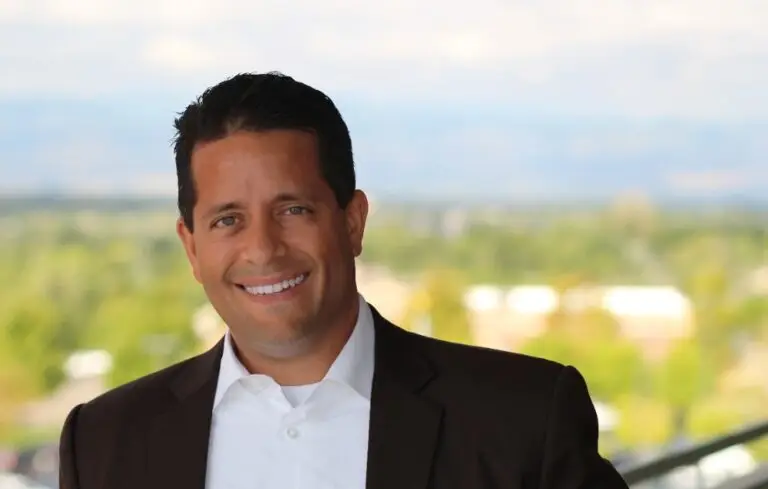3 CORPORATE CITIZENSHIP CLARITY
If the success of business leaders is increasingly tied to the way their companies engage on social and environmental issues, what should CEOs do about it? The answer depends on the company and on the industry, but my third point is that CEOs need to offer clarity of tone from the top. This means showing staff that you care deeply about the topic in question, dedicating time to speak to people about it and offering role models who serve as champions.
In 2000, a media storm blew up about the denial of healthcare benefits to same-sex couples in the oil industry, and the episode served as a trigger for BP to cut a distinct path as a leader on diversity. My deputy, Rodney Chase, encouraged me to appoint a well-respected outsider who could drive the initiative forward. We brought in Patti Bellinger as president of global diversity and inclusion.
“As an African-American woman, with a title like that, I stood out like a sore thumb,” recalls Bellinger. “The suits in BP’s St James’s Square offices could not believe what they were seeing. They thought it was some sort of nonsensical PR exercise dreamt up in America.”
Meanwhile, I had to work hard to ensure that the message went out loud and clear to senior management that she had the boss’s ear. Rodney Chase met with Bellinger for four straight hours on Day One and he did the same on Day Two and Day Three. Senior decision-makers were asked to make the diversity agenda a priority. The results were significant. Over the next few years, BP more than doubled the number of women in leadership and became a leader on LGBT inclusion.
4 PRIORITIZE AROUND A PURPOSE
Inclusion is just one example. When the list of possible tasks is endless, how does a CEO know which issues to focus on? My fourth point is that CEOs should concentrate only on the issues that help define and enact their company’s core purpose.
In particular, that means avoiding issues that are about an ill-defined sense of doing good. Building a more inclusive work environment at BP for example, would not have worked if it were simply a “nice to have.” I had to make it clear that inclusion was central to our ability to engage employees and that more engaged teams would help us deliver better results for customers and shareholders. As the evidence now shows, engaged employees are more productive: the shares of companies with the most engaged teams outperform average competitors by more than 20 percent over the course of a decade.
The unremitting energy it requires to define and enact the company’s purpose has been a common theme in my interviews with CEOs. During Paul Otellini’s tenure at Intel, the chipmaker started to attract anti-trust questions from regulators and politicians due to its market dominance. “I ended up going to Washington 12 times a year,” he remembers. “I didn’t go anywhere 12 times a year, let alone somewhere where there wasn’t a customer. But I had to get used to it because this went to the core of our ability to grow.”
Meanwhile, Unilever’s Sustainable Living Plan aims to double the size of the business while lowering its environmental impact—a plan that includes a 50 percent reduction in its ecological footprint by 2020. CEO Paul Polman says he views it as his role “to give people outside and inside the company the confidence that the Unilever Sustainable Living Plan is a winning strategy.”
In today’s business environment, successful companies need to incorporate societal connection formally into their business, from the boardroom to the shop floor. Achieving this will require world-class management at every level of the company, applying process and operational excellence to the way that companies think about societal and environmental issues. As examples of companies ranging from Walmart to IBM show, it also requires the very best leadership at the top. The combination of technical management and emotional leadership—persuading, motivating and offering direction—brings out the best in business. Both will be required if business is to transform the way it engages with society.
Read more:






